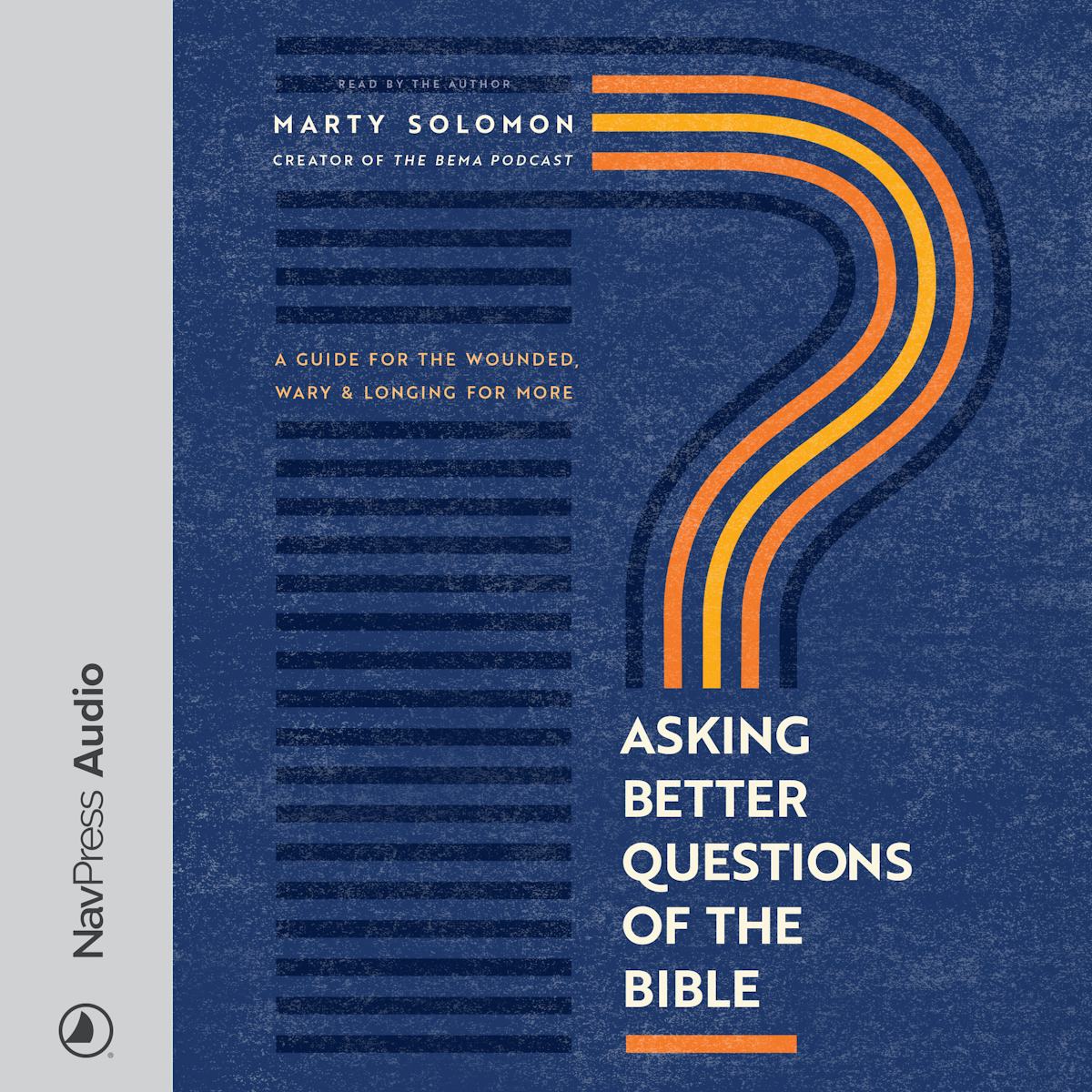
Asking Better Questions of the Bible
A Guide for the Wounded, Wary & Longing for More
Too often when we come to the Bible, we settle for easy answers. We move quickly toward the allure of resolution. But when we ask the questions the Bible is asking, we will do these things instead: understand the Eastern perspective of words, numbers, and core principles like eternal life, truth, sin, and faith recognize the literary devices and the reclamation of stories used in the Torah read the historical books both as inspiration and as cautionary tales interpret the distinct genres in Wisdom Literature, such as psalms and proverbs decipher the unique elements of prophetic literature perceive the often tongue-in-cheek nature of the Gospel accounts view the New Testament letters as inspired, authoritative interpretation of the story of God
- Opening Credits
- Dedication
- Chapter 1: Seeing the Text In Context
- Chapter 2: Playing With Both Hands
- Chapter 3: Letting Torah Read You
- Chapter 4: History as Prophecy
- Chapter 5: Reading Wisdom With Wisdom
- Chapter 6: Putting the Prophets In Their Place
- Chapter 7: The Good News About the Gospels
- Chapter 8: Learning About the Letters
- Chapter 9: Apocalyptic Revelations
- Chapter 10: Throwing Dogma to the Dogs
- A Final Word: Hagah: Committing to Never Stop Devouring the Word
- Closing Credits